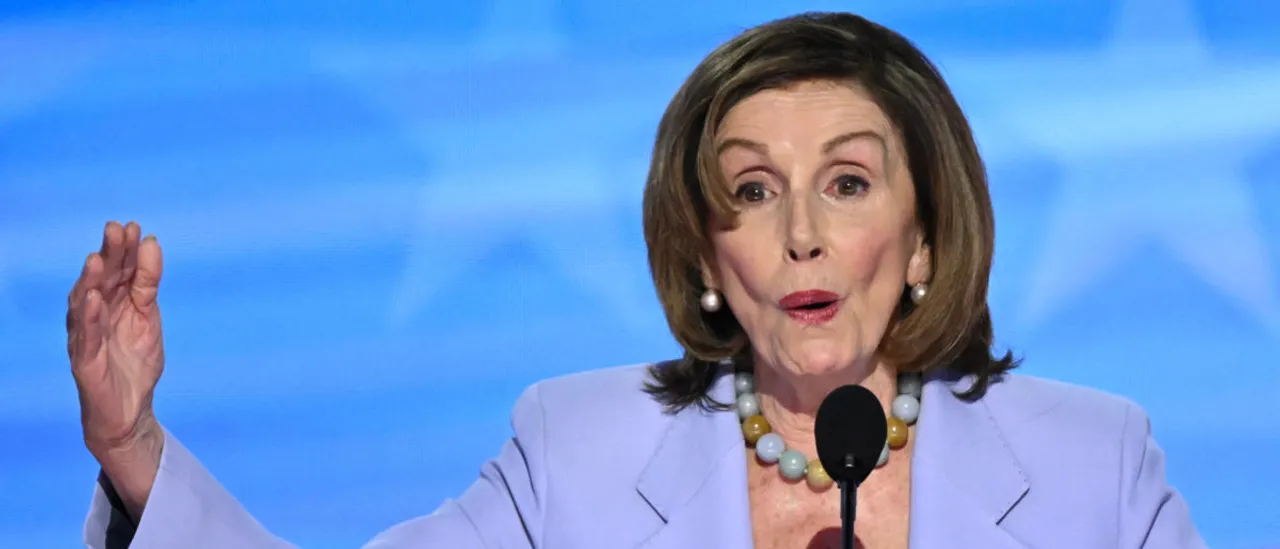The intersection of political scrutiny and financial ethics has once again taken center stage, following former President Donald Trump’s recent call for an investigation into former House Speaker Nancy Pelosi’s financial dealings. This contentious accusation promptly elicited a significant response from Pelosi, who subsequently voiced her support for legislation aimed at prohibiting stock trading by high-ranking government officials.
Trump, known for his direct and often provocative statements, explicitly articulated his concerns regarding Pelosi’s investment success. He highlighted her notably high returns on Wall Street, suggesting an uncanny ability to anticipate market movements. “Nancy Pelosi should be investigated because she has the highest return of anybody practically in the history of Wall Street,” Trump asserted, implying a potential advantage derived from privileged information.
The essence of Trump’s criticism centers on the delicate line between legitimate investment and the perception of insider trading, particularly for individuals in positions of immense power. Insider trading allegations against public officials raise fundamental questions about transparency, fairness, and the potential for exploiting legislative knowledge for personal financial gain, undermining public trust in government ethics.
In a swift rebuttal and policy pivot, Pelosi responded to the mounting pressure by publicly endorsing a proposed bill designed to ban stock trading for members of Congress. This move signals a potential shift in the long-standing debate over lawmakers’ personal financial activities, emphasizing a commitment to addressing potential conflicts of interest within the political sphere.
The broader debate surrounding a congressional stock trading ban has gained considerable traction in recent years, fueled by public concern over perceived advantages held by elected officials. Various legislative proposals have emerged, seeking to establish clearer ethical boundaries and enhance accountability for those serving in public office.
Proponents of such a ban argue that it is a crucial step towards restoring faith in the integrity of government. They contend that restricting stock ownership and trading for lawmakers would eliminate the appearance of impropriety and ensure that legislative decisions are made solely in the public’s best interest, free from personal financial incentives.
However, implementing a comprehensive congressional reform of this nature presents its own set of challenges. Critics and some lawmakers raise concerns about practicalities, defining the scope of such a ban, and the potential impact on attracting diverse individuals to public service, while still upholding stringent government ethics.
As the discussion intensifies, the public eye remains fixed on Washington, awaiting further developments on this pivotal issue. The calls for greater financial transparency and the proposed stock trading ban underscore a growing demand for accountability among elected officials, shaping the ongoing dialogue about integrity in political scrutiny and public service.






Leave a Reply